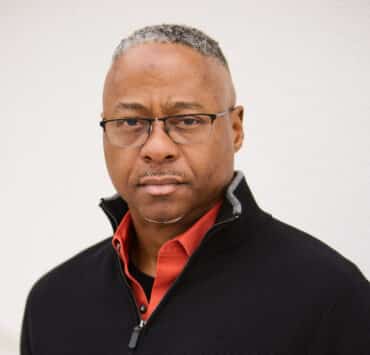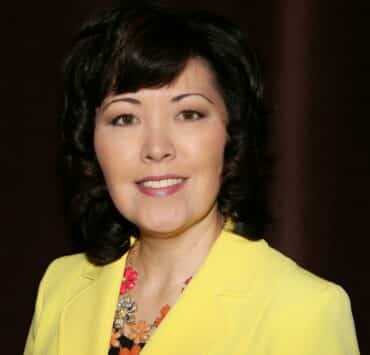Mark Helms was ready to call it a day. After 31 years at Virginia Tech in virtually every single role that could have possibly been linked to facilities, Helms was prepared to step down as director of operations. He’d already been contacted by a recruiter for another role and turned them down.
“I got a call about a position at the University of Florida [UF] and said, ‘Thanks. I’m not interested. I’m going to retire and flip houses,’” Helms remembers. “But he called back a week later.”
More than six years later, Mark Helms is ending his calls with “It’s great to be a Florida Gator!” Far from being retired, he says he’s just getting started.
As assistant vice president of facilities services, Helms saw a number of opportunities in coming to UF. For one, he instantly connected with the team. The 30-minute interview (one that he admittedly refused to fill out paperwork or assemble a résumé for) wound up lasting over two hours. There were utility and energy plant challenges he thought he could tackle.
“I want the guy or gal that’s in this chair 10 or 15 years from now to think, ‘Wow, they were really thinking about the future when they did all this work.’”
Mark Helms
Additionally, UF was using AssetWorks for its work order system, which Helms had already been using at Virginia Tech. “I already knew all about the system, so I figured I could settle in pretty quickly,” he says.
The job entailed servicing twice as many students as Helms had previously, with twice as many square feet of buildings, and almost three times as many employees. Upon arriving, Helms found one area that needed to evolve quickly.
“The biggest thing I noticed off the bat was the culture here,” he explains. “It wasn’t bad, but it was stagnant. There was a lot of nomenclature from the 1970s being thrown around and we didn’t really have a financial tool as a work order system or a data collection system.”
Additionally, Helms saw a department that didn’t want to be noticed and was happy to operate in the background. But in order for a department—and more widely, a university—to celebrate its successes, the broader world needed to know what was actually happening on campus.
So Helms started arranging a town hall tour of different departments and department heads, talking about their new vision and their plans going forward.
“This allowed me to come back and show them the progress and success from when this started in 2017,” Helms explains. “This rebranding was essential to aligning us with the rest of the university and building relationships going forward.”
The rebrand included radio spots on the university’s radio station and school newspapers. Helms’s view is that a project shouldn’t be covered up and shielded from the rest of the school (within reason, of course). Let people know what new feature is going to occupy a space or why a sidewalk is blocked off.
One of those successes to celebrate comes from the task Helms was brought on to address in the first place: utility and energy plant challenges.
“When it comes to issues like carbon neutrality, the most impactful thing you can do is use less energy. That’s the number one home run,” Helms says. “So we have optimized our energy plants.”
Most of UF’s buildings exist on a central loop, or a series of central loops, so the facilities team is currently unifying them all. Additionally, UF has optimized its chiller plants with energy efficiency in mind.
“When it comes to issues like carbon neutrality, the most impactful thing you can do is use less energy. That’s the number one home run.”
Mark Helms
“We recently partnered with Siemens on a project that we’re both very proud of for our veterinarian medicine precinct,” Helms says. “It operates at less than six kilowatt hours per ton of cooling. With the humidity we’re talking about in Florida, those are what I would consider world-class numbers.”
Helms says that success is being leveraged to continue innovation on campus for its other energy plants.
Maybe most importantly, Helms has helped get facilities a seat at the table for important conversations. He says the COVID-19 environment was the moment for the facilities department to truly demonstrate its worth and how its future-forward planning helped mitigate what might have been even more difficult times when working to integrate students back on campus.
“Facilities has really had the opportunity to sit at the table and build a relationship with our board of trustee members and some of the upper administration,” Helms explains. “It puts UF facilities in a great place to grow. I want the guy or gal that’s in this chair 10 or 15 years from now to think, ‘Wow, they were really thinking about the future when they did all this work.’ That’s how you leave a legacy. It’s not your name on a building. It’s much more than that.”
Serving the education facilities community for over 30 years. GoAssetWorks is a facilities management solutions provider exclusively dedicated to the management of education-focused built environments. Our purpose is to streamline facilities management from start to finish for our education partners and to empower them with innovative solutions to build a better future. We are proud to support and partner with Mark Helms and the University of Florida with their continued facilities’ success.


